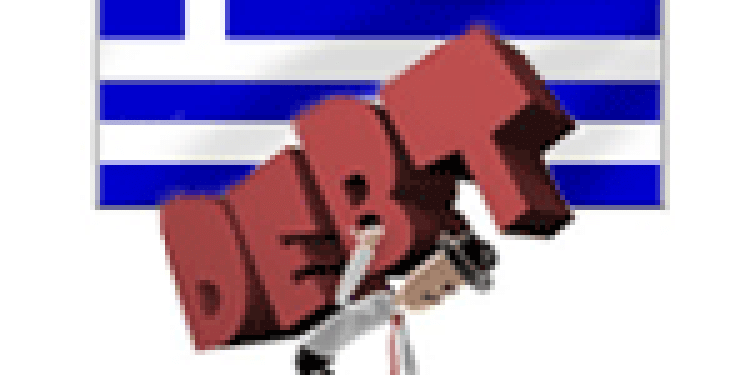Greece to Privatize OPAP Sports Betting Monopoly
Posted: March 17, 2010
Updated: October 4, 2017
In accordance with Greek gambling laws, all legally licensed bookmakers in the country are controlled by a state-run monopoly called OPAP.

In accordance with Greek gambling laws, all legally licensed bookmakers in the country are controlled by a state-run monopoly called OPAP. The group’s exclusive rights to sports betting are granted by a contract which was meant to extend to 2020. A recent announcement, however, will see the government selling off a portion of OPAP. The reason is simple – they need money.
In a major privatization move, the Greek government will be selling shares in many of its current holdings, including commercial aircraft, stakes in banks, and land-based casinos. The government also intends to sell a portion of the national telecommunications company.
The mass sell-off will raise an estimated €2.5 billion, which is equal to about 1% of the country’s GDP. This will barely make a dent in Greece’s debit, but the government hopes the move will be seen by the country’s financial markets that Greece is serious about tidying up its finances.
The plans for OPAP involve the sale of a 34% share in the betting company. Of all the holdings Greece intends to sell off, the OPAP shares are by far the most valuable. It is estimated that the sale will earn the state €1.63 billion, which is about two-thirds of their €2.5 billion target. This figure even considers the recent decline in OPAP’s profits. Current share prices hover around €15, which is down 30% from 10 months ago, and 50% from five years ago.
The impact that the sale will have on internet betting in Greece is not clear. Right now, OPAP does not offer any online services, and the Greek government has a history of being less-than-excited about the idea of internet gambling. Moving OPAP online, however, could potentially increase its value.
Some remain skeptical. Constantine Michalos, president of the Athens Chamber of Commerce and Industry, jokes “If you sell all of the state assets and maybe throw in the Acropolis too, it’s possible the government could hit its targets.” Michalos goes on to remind the government, “it’s not just Greece that’s in recession, it’s the whole world.”












